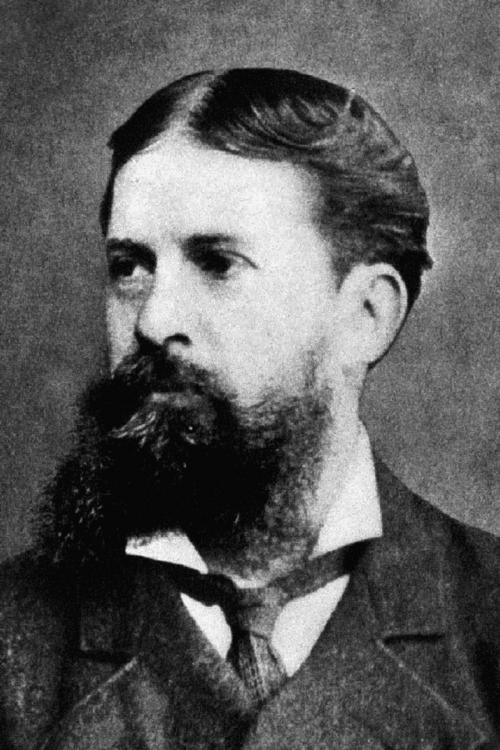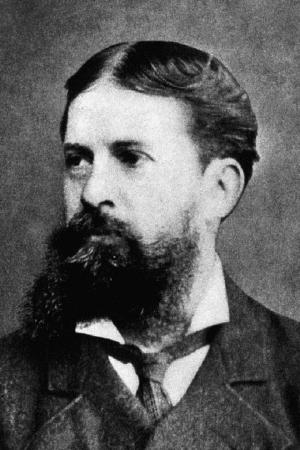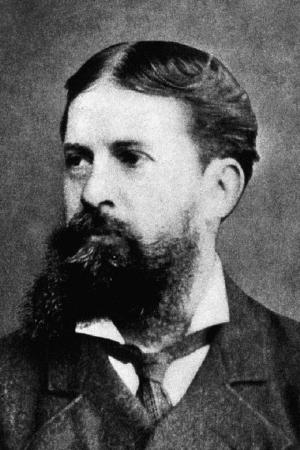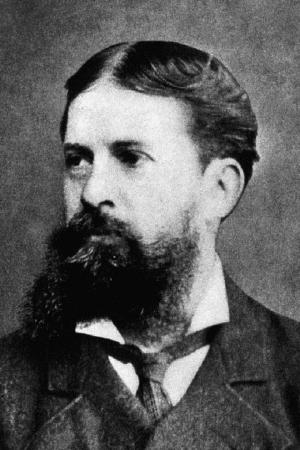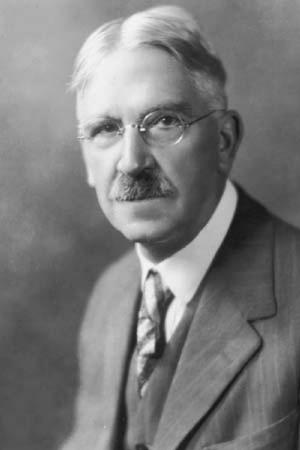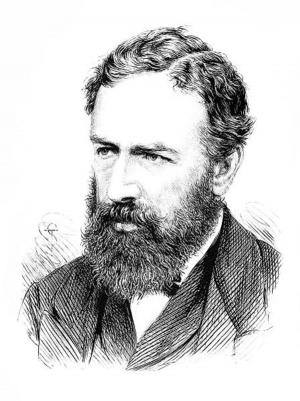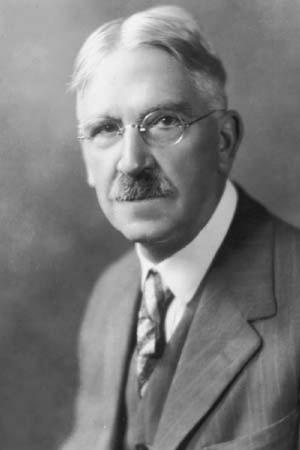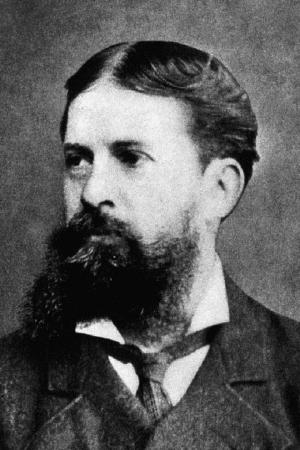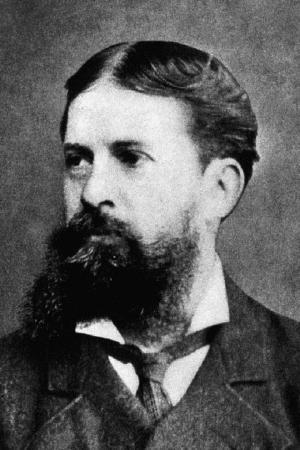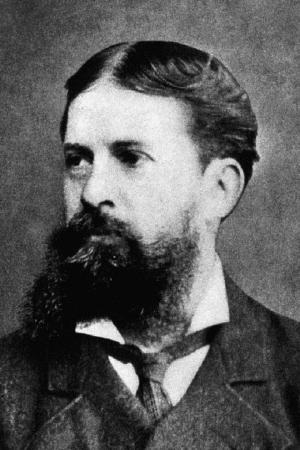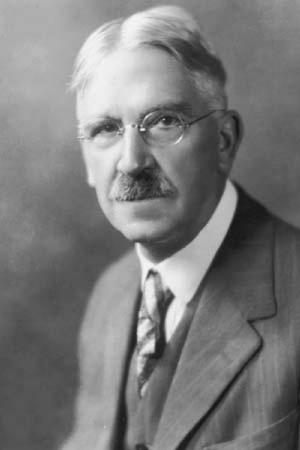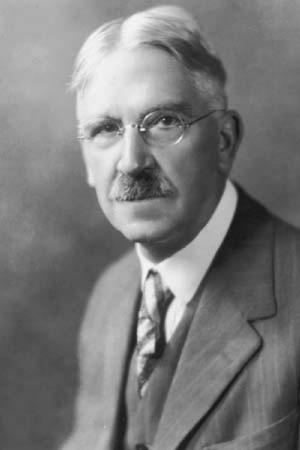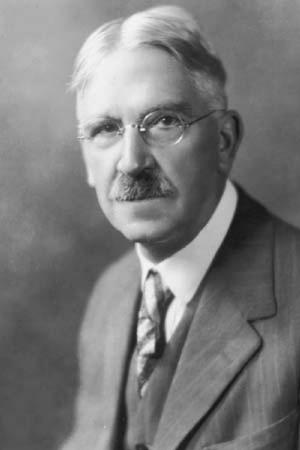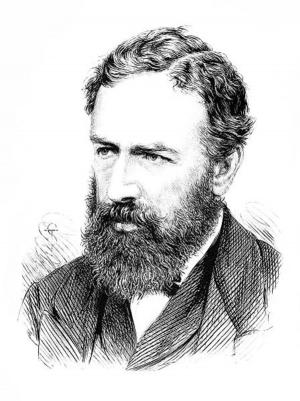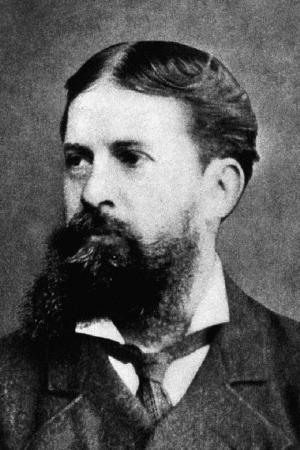| Author: | Charles Peirce, Timeless Books: Editor | ISBN: | 1230001227628 |
| Publisher: | Timeless Books | Publication: | July 14, 2016 |
| Imprint: | Language: | English |
| Author: | Charles Peirce, Timeless Books: Editor |
| ISBN: | 1230001227628 |
| Publisher: | Timeless Books |
| Publication: | July 14, 2016 |
| Imprint: | |
| Language: | English |
The book has an active table of contents for readers to access each chapter directly.
In 1934, Paul Weiss, an American philosopher, the founder of The Review of Metaphysics, and the Metaphysical Society of America, called Charles Peirce "the most original and versatile of American philosophers and America's greatest logician".
In 1943, Webster's Biographical Dictionary added Charles Peirce’s introduction as "now regarded as the most original thinker and greatest logician of his time."
Max Fisch, a well-known writer of identity, individuality, responsibility, morality, and political commitment, commented Charles Peirce as the follow:
“Who is the most original and the most versatile intellect that the Americas have so far produced? The answer Charles S. Peirce is uncontested, because any second would be so far behind as not to be worth nominating. He was mathematician, astronomer, chemist, geodesist, surveyor, cartographer, metrologist, spectroscopist, engineer, inventor; psychologist, philologist, lexicographer, historian of science, mathematical economist, lifelong student of medicine; book reviewer, dramatist, actor, short story writer; phenomenologist, semiotician, logician, rhetorician and metaphysician.”
Without any doubt, Charles Peirce is in the row of the best minds with Henry George, William James, Thorstein Veblen, and Ludwig Wittgenstein.
Between 1868 and 1869, Charles Peirce published his foundational papers to his theory of Logic and Science SOME CONSEQUENCES OF FOUR INCAPACITIES and GROUNDS OF VALIDITY OF THE LAWS OF LOGIC: FURTHER CONSEQUENCES OF FOUR INCAPACITIES. In the papers, Peirce argued an account of mind and reality and asserted that all mental events were valid inferences. He also claimed that as every thought was a sign including man himself. He also detailed his theory of signs and published declaration for scholastic realism. Pierce was to be remolding the Scholastic and the Cartesian views of Philosophy by the application of formal logic, thus remaking them in a rational and defensible way.
Peirce’s goal in the papers is to target that “A complete, simple, and valid argument, or syllogism, is either apodictic or probable. An apodictic or deductive syllogism is one whose validity depends unconditionally upon the relation of the fact inferred to the facts posited in the premisses. A syllogism whose validity should depend not merely upon its premisses, but upon the existence of some other knowledge, would be impossible; for either this other knowledge would be posited, in which case it would be a part of the premisses, or it would be implicitly assumed, in which case the inference would be incomplete. But a syllogism whose validity depends partly upon the non-existence of some other knowledge, is a probable syllogism.”
This is a must-read book to understand the foundational thought of Philosophy, Logic, and Science by Charles Peirce, one of the greatest philosophers and logicians in the world.
The book has an active table of contents for readers to access each chapter directly.
In 1934, Paul Weiss, an American philosopher, the founder of The Review of Metaphysics, and the Metaphysical Society of America, called Charles Peirce "the most original and versatile of American philosophers and America's greatest logician".
In 1943, Webster's Biographical Dictionary added Charles Peirce’s introduction as "now regarded as the most original thinker and greatest logician of his time."
Max Fisch, a well-known writer of identity, individuality, responsibility, morality, and political commitment, commented Charles Peirce as the follow:
“Who is the most original and the most versatile intellect that the Americas have so far produced? The answer Charles S. Peirce is uncontested, because any second would be so far behind as not to be worth nominating. He was mathematician, astronomer, chemist, geodesist, surveyor, cartographer, metrologist, spectroscopist, engineer, inventor; psychologist, philologist, lexicographer, historian of science, mathematical economist, lifelong student of medicine; book reviewer, dramatist, actor, short story writer; phenomenologist, semiotician, logician, rhetorician and metaphysician.”
Without any doubt, Charles Peirce is in the row of the best minds with Henry George, William James, Thorstein Veblen, and Ludwig Wittgenstein.
Between 1868 and 1869, Charles Peirce published his foundational papers to his theory of Logic and Science SOME CONSEQUENCES OF FOUR INCAPACITIES and GROUNDS OF VALIDITY OF THE LAWS OF LOGIC: FURTHER CONSEQUENCES OF FOUR INCAPACITIES. In the papers, Peirce argued an account of mind and reality and asserted that all mental events were valid inferences. He also claimed that as every thought was a sign including man himself. He also detailed his theory of signs and published declaration for scholastic realism. Pierce was to be remolding the Scholastic and the Cartesian views of Philosophy by the application of formal logic, thus remaking them in a rational and defensible way.
Peirce’s goal in the papers is to target that “A complete, simple, and valid argument, or syllogism, is either apodictic or probable. An apodictic or deductive syllogism is one whose validity depends unconditionally upon the relation of the fact inferred to the facts posited in the premisses. A syllogism whose validity should depend not merely upon its premisses, but upon the existence of some other knowledge, would be impossible; for either this other knowledge would be posited, in which case it would be a part of the premisses, or it would be implicitly assumed, in which case the inference would be incomplete. But a syllogism whose validity depends partly upon the non-existence of some other knowledge, is a probable syllogism.”
This is a must-read book to understand the foundational thought of Philosophy, Logic, and Science by Charles Peirce, one of the greatest philosophers and logicians in the world.
